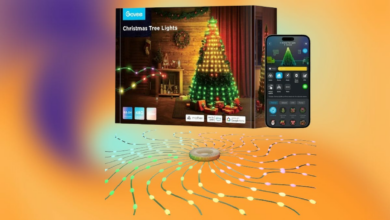Your Complete Smart Home Security Checklist Before a Vacation
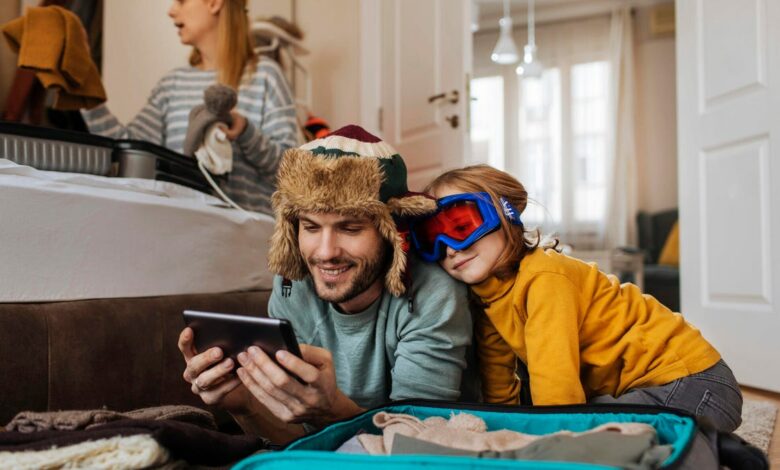
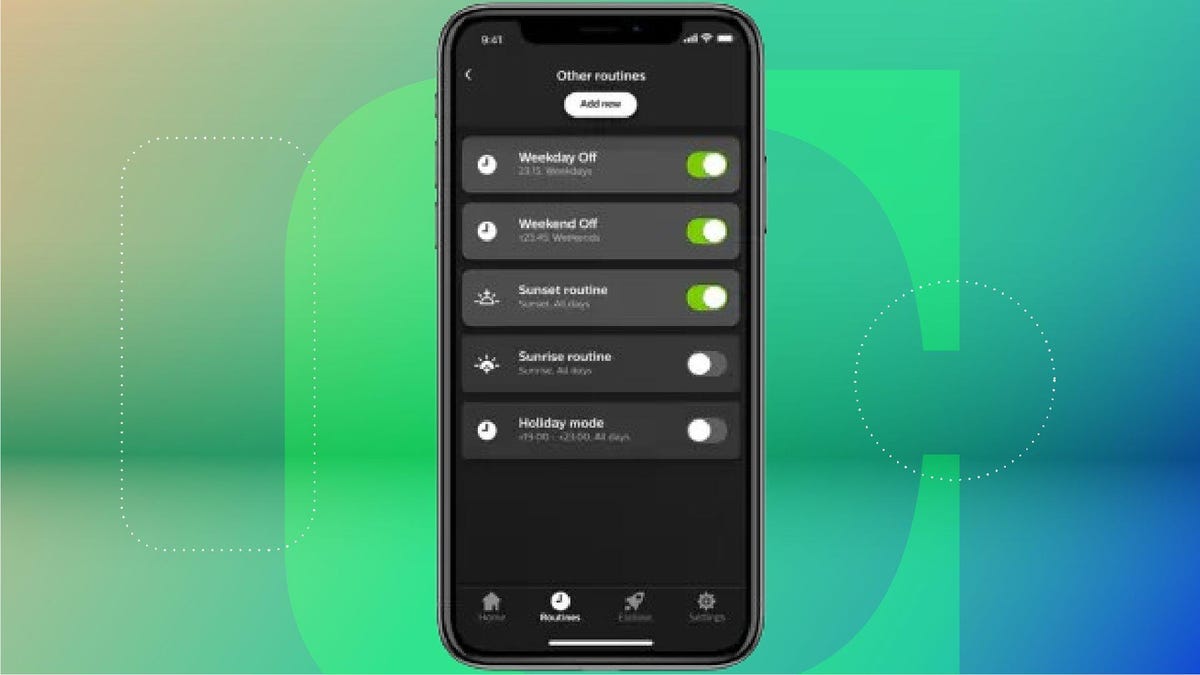

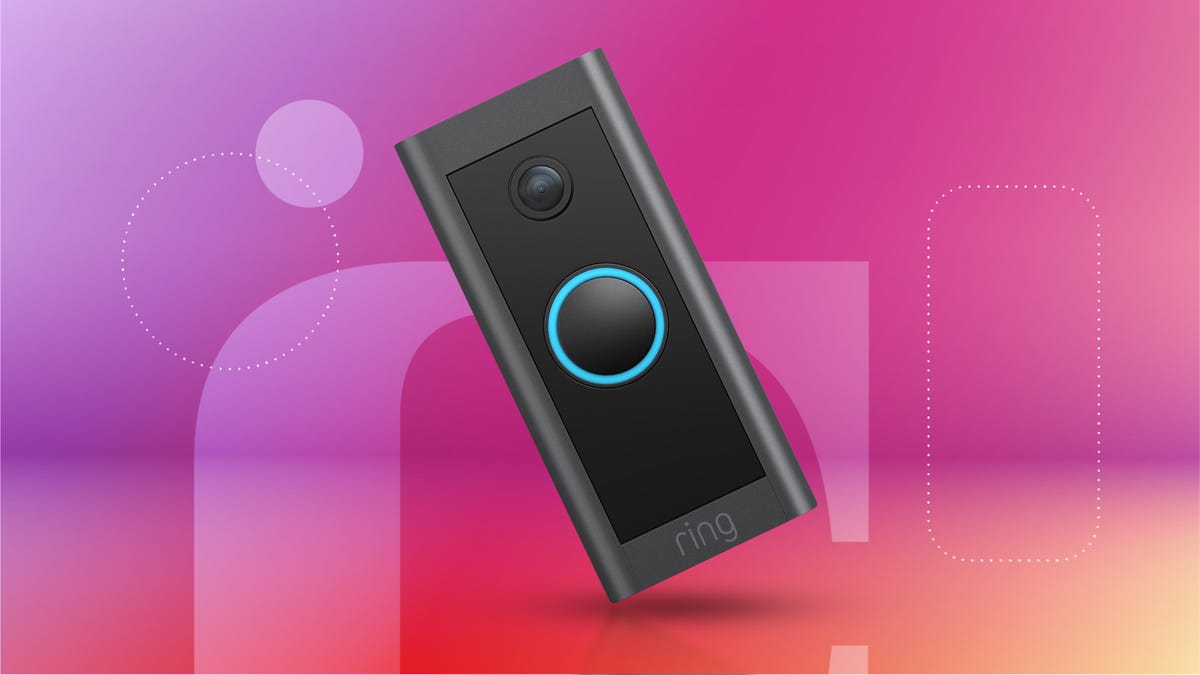
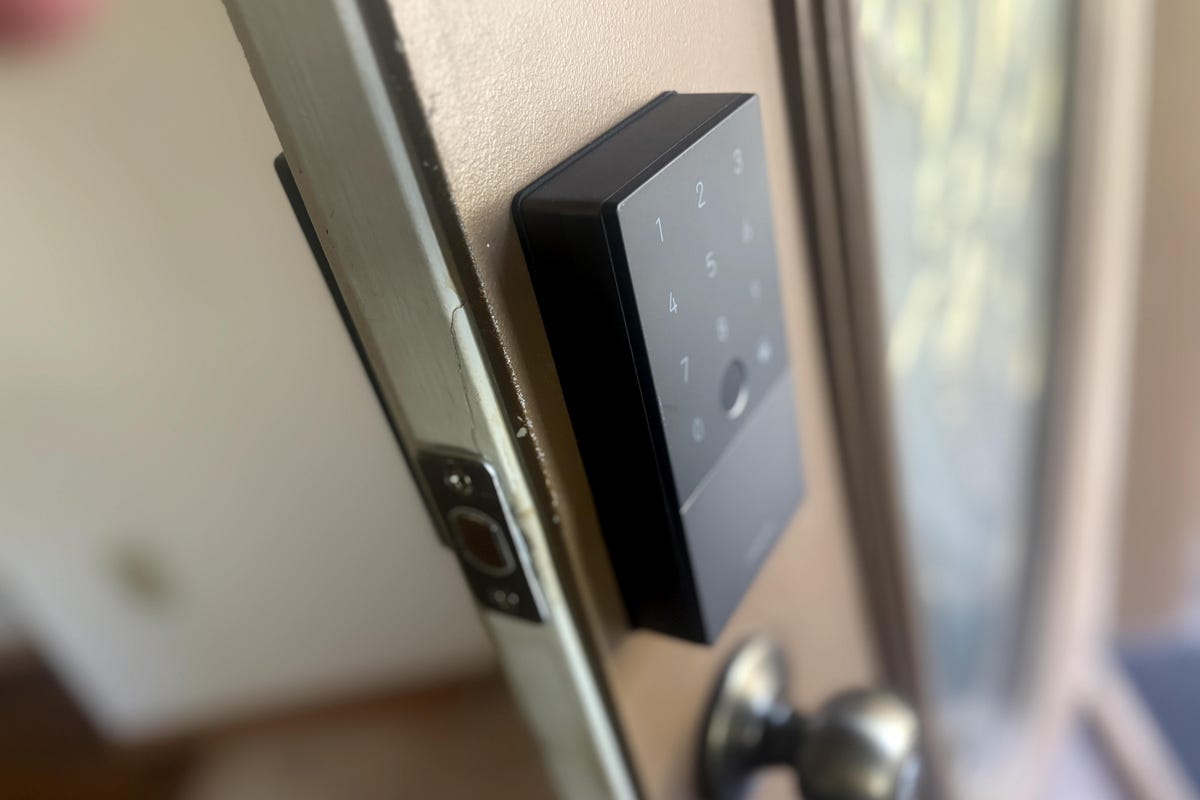
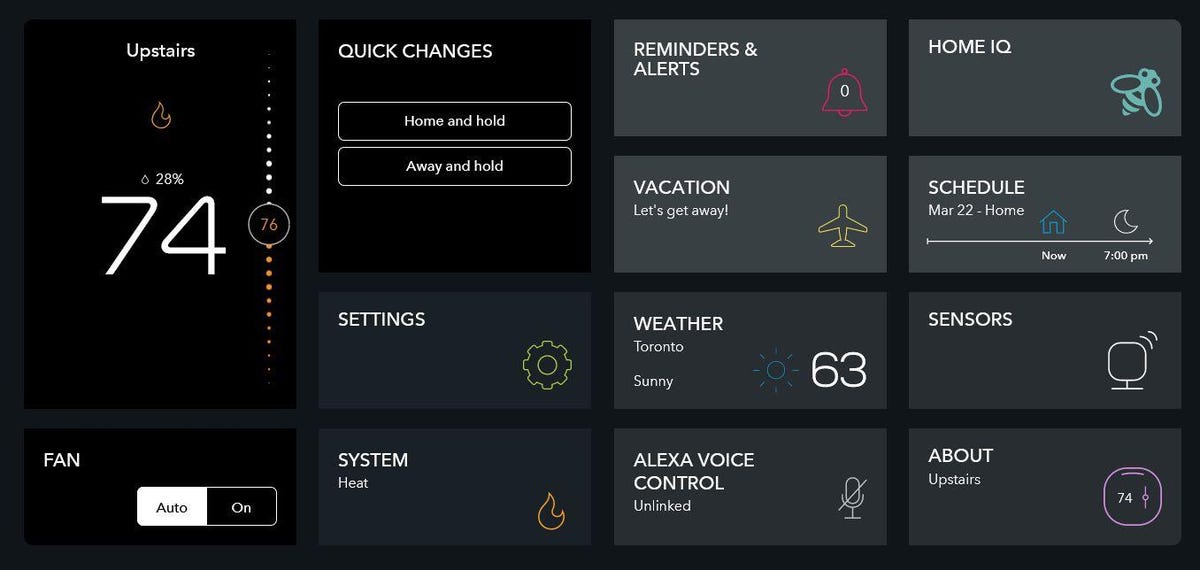
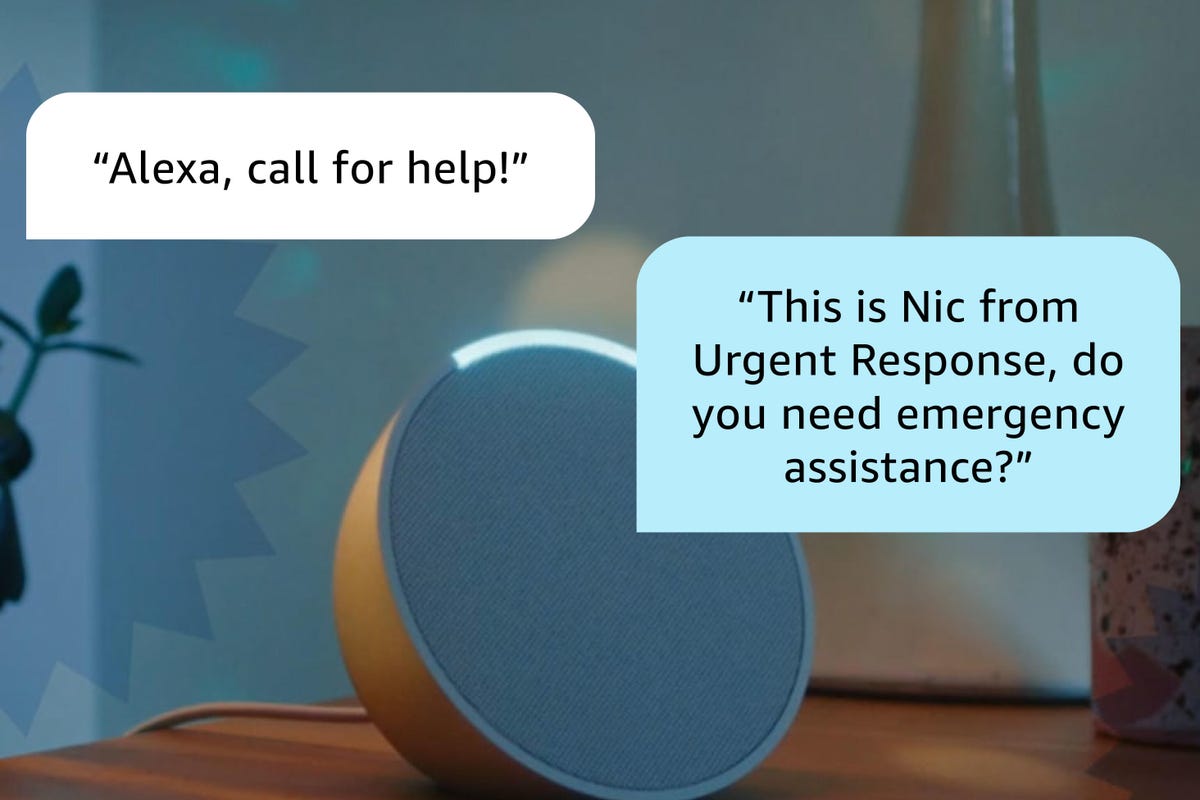
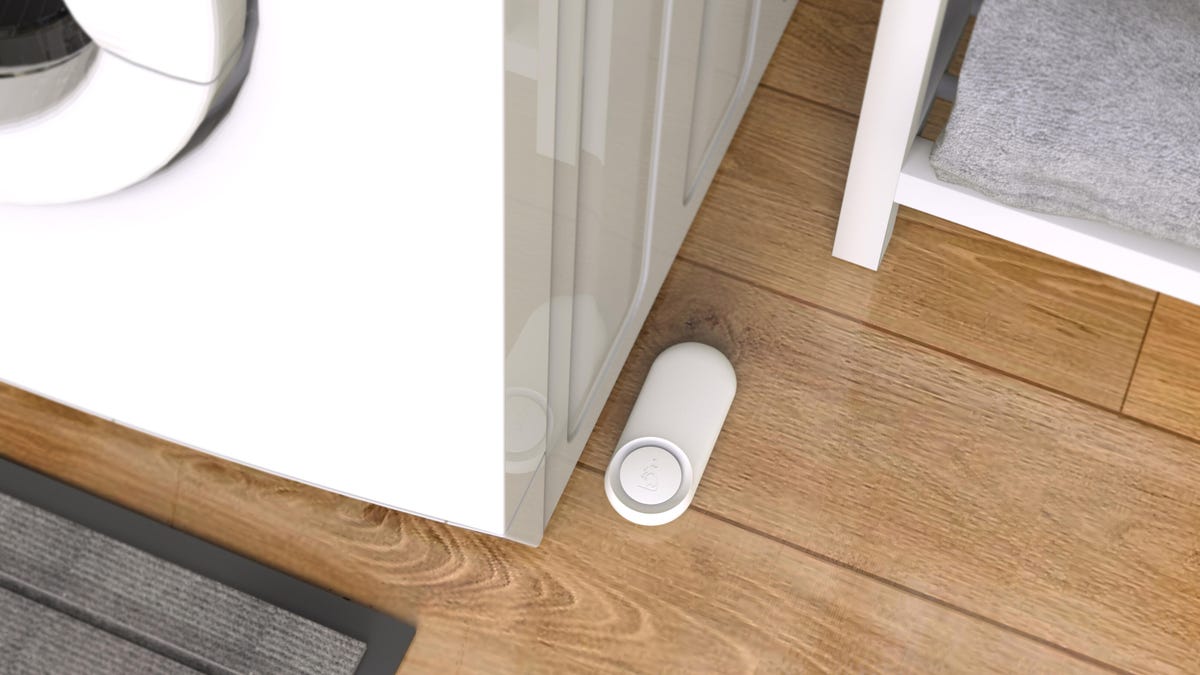
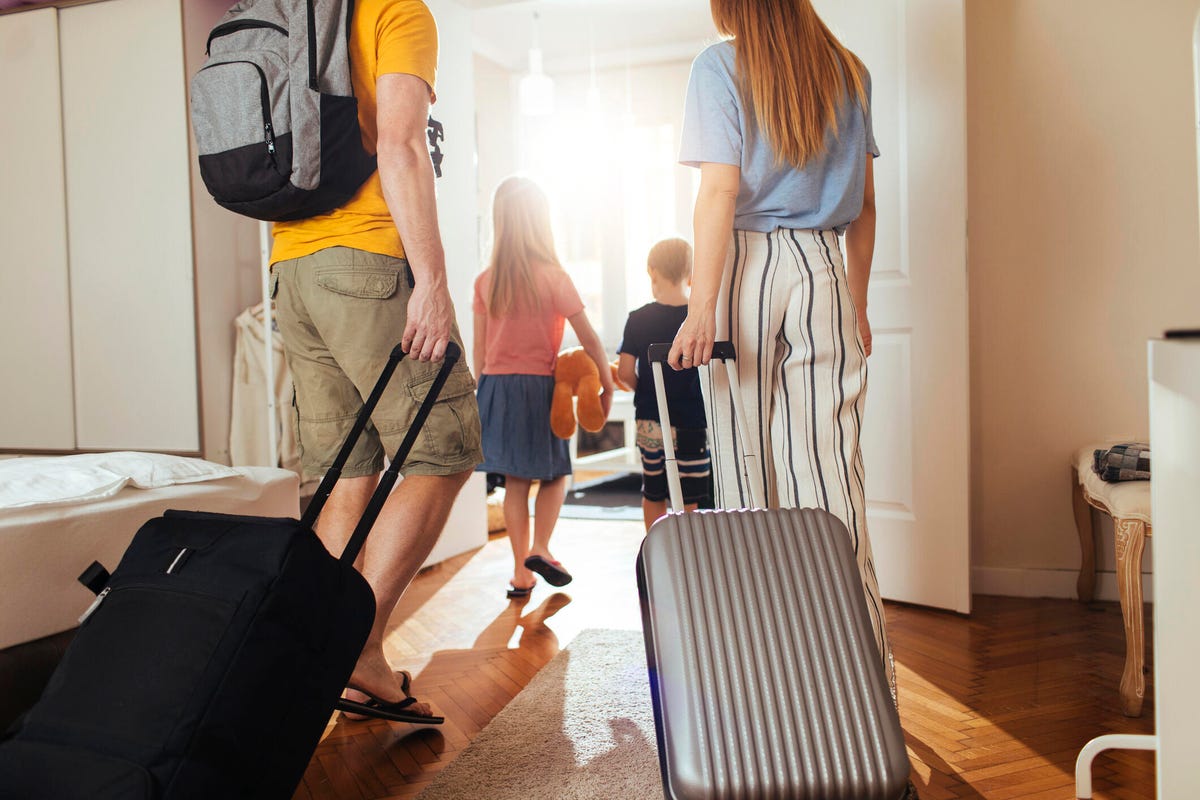
Vacations should be fun, but worrying about your home while you’re away can be a headache. Smart tech has made that much easier: from cameras that can send smart alerts when they recognize people in specific areas to smart locks that you can control remotely or share passes with, your home is still within reach from anywhere with Wi-Fi. Add a pet sitter or plant guardian and you’re set, even if you’re gone for weeks at a time.
Next time you go on vacation, go through our list and take an hour to change some settings and even plan some new purchases. Once you have your vacation modes set up, they will be ready when you need them!

Many smart devices have a vacation or away mode that you can set to simulate an occupied home.
Not only do today’s smart home and home security setups have Away modes, they often have a Vacation mode as well. This is a routine that you can set up to run while you’re gone for several days or longer (if your home app doesn’t have a Vacation mode, you can customize your Away or Eco mode, or set up a new routine altogether). Devices like Philips Hue lamps and platforms like IFTTT make it easy to create complete routines that span multiple devices.

Vacation Routines can turn smart lights on and off, inside and out, to make it look like someone’s still home. They can also control other compatible devices, like managing smart irrigation systems, activating smart cameras, and more. Set up a Routine like this once, and you can use it again and again for your getaways.
Check the motion detection settings for your video doorbell

An important tool to keep an eye on your home: video doorbells.
Video doorbells are great at keeping an eye on the action, and their algorithms are getting better at detecting people and other objects. Companies like Eufy are even working on motion detection that can identify suspicious behavior, like avoiding main paths, and look for poor security.
However, the motion detection that works best in your everyday life isn’t always the kind of detection that works when you’re on vacation. We recommend visiting your doorbell and home camera apps to review your motion detection settings. Consider steps like:
- Increase motion detection sensitivity
- Set object detection to people only to reduce the number of alerts
- Set up detection zones in areas near your home and windows where people may try to gain access
- Turn on beeps or light indicators that indicate a camera is on and watching
- Set notifications to be pushed to your phone’s screen instead of just staying within the app
- Look for web app options, such as Nest’s support for online viewing and control, which is ideal for holidays abroad
Additionally, if you pay for a plan, check to see if it supports 24/7 emergency contact, so you can call the police or fire department immediately after an alert. It might be worth upgrading to that type of plan if you’re going to be away for a month or two.
Keep your curtains open or automated
To make your home look lived-in, it’s a good idea to leave your curtains open while you’re on vacation (and it lets in the sun to keep it from getting musty). Or, if you have smart curtains or smart shades—which are also available as retrofits for existing curtains—you can program them to open during the day and close at night for maximum effect. Smart blinds like these don’t have to be expensive: even Ikea makes an affordable version.
Manage access remotely with a smart lock

The Aqara Smart Replacement Night Lock looks great and feels great.
Smart locks don’t just let you know if you’ve forgotten to lock the door. They also automatically lock for you under certain circumstances and support various scheduling options.
The most convenient smart locks, such as the Aqara U100 or the Schlage Smart Handlelets you create passes, or temporary codes, to give to visitors. This lets you set up checks for babysitters, plant waterers, helpful neighbors, and others you want to let in, but only at certain times. Smart locks work particularly well with video doorbells — just make sure you’re in an area with a reliable Wi-Fi connection to use them remotely.
Adjust your heating and cooling

Ecobee offers a special vacation mode for its smart thermostat.
Nest smart thermostats, Ecobee and others also have Eco and Away modes that you can use to set separate vacation schedules. Ecobee also has a special Vacation mode in the thermostat settings that you can use just for this.
The best temperature range will vary by season, but should be lower than you plan on at home. For summer, that means turning the thermostat up 5 to 10 degrees during the day, but with a hard cap of around 80 to 85 degrees to protect houseplants and the like. For winter, aim for the opposite with a hard cap of around 50 degrees during the day.
That temperature calculation changes if you have pets in a warm climate. You want to keep the house more comfortable by keeping the temperature ranges somewhere between the mid to high 70s for cooling and around 60 for heating.
Set up a ‘listening service’ such as Alexa Emergency Assist

Alexa’s Emergency Assistant is an affordable listening and contact service.
Listening features use simple algorithms to identify “oops” sounds like breaking glass, smoke alarms, and even loud dog barking. Home security systems like Abode or Ring offer listening options, but you don’t always need a home security device to activate them.
For example, Amazon’s Alexa smart speakers and smart displays have the Alexa Emergency Assist service, the successor to Alexa Guard. It costs about $6 a month and gives you access to sound detection and 24/7 emergency services and emergency contacts for family. That’s a nice deal to turn on for a few months if you’re going on a lot of vacations during the season, and the two-way audio on all Alexa speakers means you can talk through it live whenever you want.
Stay on top of things with an armed security system
If your home doesn’t have a whole-home security system that can monitor multiple entry points like windows and doors, now’s a good time to consider one. Today’s home security systems don’t require professional installation or even a monthly subscription to monitor your home — and many work with third-party smart devices, too.
Check out our guides on the best DIY home security systems , the best budget security systems , and the best systems for your home in general , to learn even more about the choices you make.
Place a leak detector in vulnerable places in the house

Kangaroo supplies a climate sensor, also known as a leak detector, in the comprehensive eight-piece home monitoring set.
A leak detector is a clever device with an open circuit that sits against the floor. When water completes that circuit, alarm bells go off and app notifications pop up to let you know there’s a leak. That makes them valuable if you’re away from home for extended periods of time. Stick them by the toilet, under the kitchen sink, next to the water heater, or under pipes that are at risk of freezing during a winter vacation.
Leak detectors are available as an add-on to most home security systems, but you can also find standalone versions such as Eufy’s $35 model (requires a HomeBase) or the Alexa compatible Kidde Leak Detector from $45We recommend these models because they work with apps, which is important if you are away from home for a while.
Tell your home monitoring center that you will be away
If you do spend money on professional home security, check their website and find a contact email or phone number to let them know you’re going on vacation. Many home security companies will adjust their official responses if they know everyone won’t be home.
Call your postal service (optional)
In the past, calling the post office was a standard step when you went on vacation. And if your vacation is going to last longer than a week or so, we still highly recommend that you drop your local postal service a message and ask if you can hold your mail. It’s very easy to do and you can complete the steps online in a few minutes.
However, we don’t get as much mail these days as we used to, and it’s harder than ever for strangers to notice someone’s mail piling up. If you’re only going away for a few workdays or so, you can probably safely skip this step.
Be careful what you post online

Vacations are great, but be careful about posting too much information on social media.
We know it’s tempting to post about your vacation plans on social media, but this can also be an invitation for burglars or trespassers to come over. Unfortunately, it’s hard to know and trust everyone on your friends list, or their friends’ friends, who may also be able to see status updates.
To stay safe, avoid posting info and photos about your trips until they’re over. Then you can go wild and unleash all those perfect shots on Instagram, TikTok, or Facebook.
Bonus Tip: If you’re renting, check your lease
Some leases require renters to notify landlords if they’re going on vacation for a specific amount of time, such as longer than a week. Others don’t mention it at all. Check your lease for details. Even if you don’t have to notify anyone, you may come across additional requests, such as turning off the water, setting the temperature to a certain level, arranging for a pet sitter, and so on.
Finally, now is the perfect time to read our guide on how to deter burglars before they try to break into your home, whether thieves actually use wifi blockers in smart homes, and a round-up of all the security measures you can take for your home.



